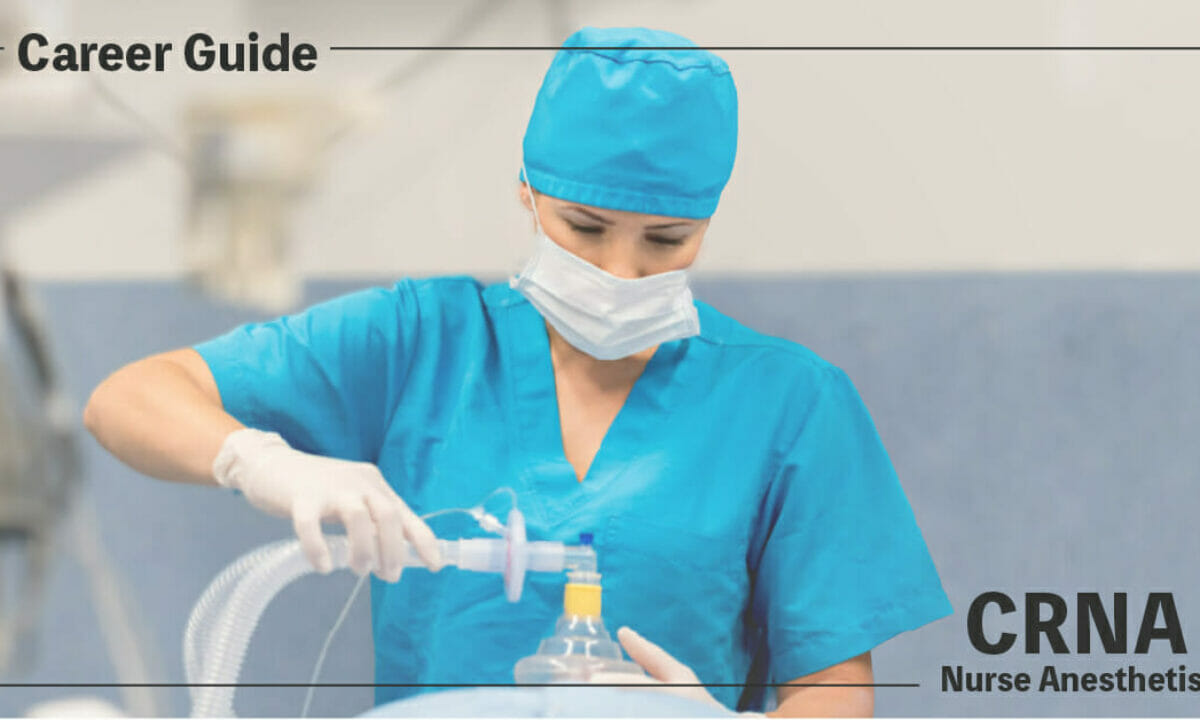CRNA school is no joke, you guys. It’s tough to get in, it literally takes over your life, and is incredibly stressful. I’ve had a few people ask me about CNRA school and I thought who better to discuss it than someone going through school themselves! So, La Donna, take it away!
Many nursing students today have aspirations after school to work in critical care for a few years and then go to CRNA school. It’s a great job with a great salary – no wonder so many want to be a CRNA!
For most first year student registered nurse anesthetists (SRNA), a lot of people, health care professionals included, truly don’t understand what we do every day and what it takes to be successful in this speciality.
Certified Registered Nurse Anesthetists (CRNAs) are highly skilled advanced practice registered nurses who specialize in the field of anesthesiology and pain management. Nurse anesthetists have been providing anesthesia care to patients in the United States for more than 150 years. As licensed independent practitioners, CRNAs undergo significant post-graduate education and training averaging 30 months in duration and resulting in a master’s or doctoral degree in nurse anesthesia.
CRNAs are responsible for patient safety before, during and after surgery. Nurse anesthetists administer every type of anesthesia to all types of patients in any healthcare setting. CRNAs provide continuous pain relief and sustain patients’ critical life functions throughout surgical, obstetrical and other medical procedures. In addition to anesthetic agents, CRNAs select and administer adjunct drugs to preserve life functions. They also use technologically advanced monitoring equipment and interpret a vast array of diagnostic information throughout the course of the anesthetic process.
Now that you have a better understanding of CRNAs and their professional role, let’s explore what it takes to be successful in school and beyond. In addition to an exceptionally high GPA, GRE scores and critical care experience, here are a few things that I feel makes one an ideal candidate for nurse anesthesia school:
- Exceptional student: Before and during nurse anesthesia school, these students must be organized and well-prepared.
- Excellent grasp on advanced A&P, pharmacology and pathophysiology: This level of learning will require much more than note memorization of information. Can you identify and recognize pathological states? If so, how would you to treat them?
- Remarkable assessment skills with strong attention to details: vigilance is essential. This is a typical characteristic of a critical care nurse.
- Excellent communication skills: You must have the ability to articulate concerns/issues.
- Work well under pressure: The OR is a stressful environment. Many times everyone in the room will be looking at YOU for direction when things “hit the fan”. A good anesthetist knows how to hold it together even during stressful situations.
- Ability to work and think independently: Although nurse anesthetists collaborate with other healthcare professionals, there will be times where you will be required to make independent decisions. For example, you may be responsible for determining if a procedure can go on safely or needs to be cancelled instead. (Surgery cannot go forth without anesthesia).
- Lastly, you must be able to say the word “anesthetist” (A-nes-THE-tist): Seriously. I’m appalled at the number of people (in the profession) who cannot say it correctly. If you choose to pursue this career and are lucky enough to secure an entrance interview, please take a few moments and practice saying “anesthetist.” You owe it to yourself!
